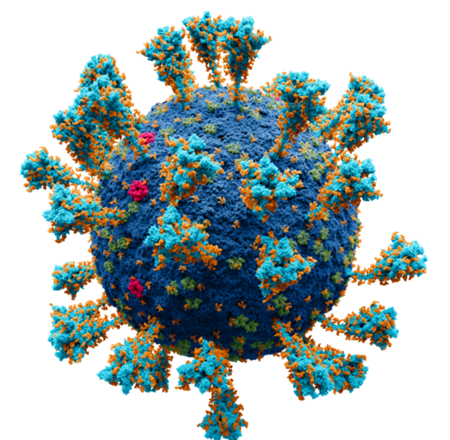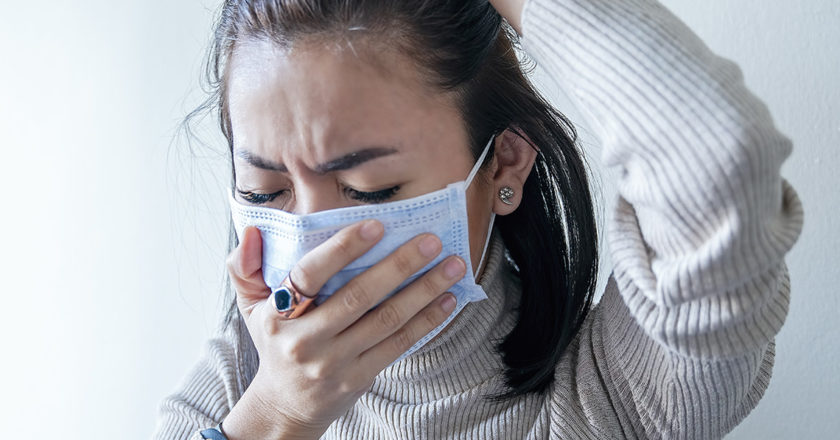Pandemic’s impact on youth mental health ‘devastating’: Surgeon General
The U.S. Surgeon General, Vivek Murthy, warns lawmakers about the negative impact that the COVID-19 pandemic is having on the mental health of the younger generation. Many of these young people are having a uniquely hard time navigating through life during this unprecedented time. Due to the uncertainty that comes with COVID-19, teens are reporting that they are struggling in school, struggling with addictions, or even making it from one day to the next. Compared to the beginning of the pandemic, suicide attempts among teen girls has increased by more than 50%. The surgeon general explains that the call to action in saving these teens is more that medical, it is now a moral issue.
To read more, click here.









